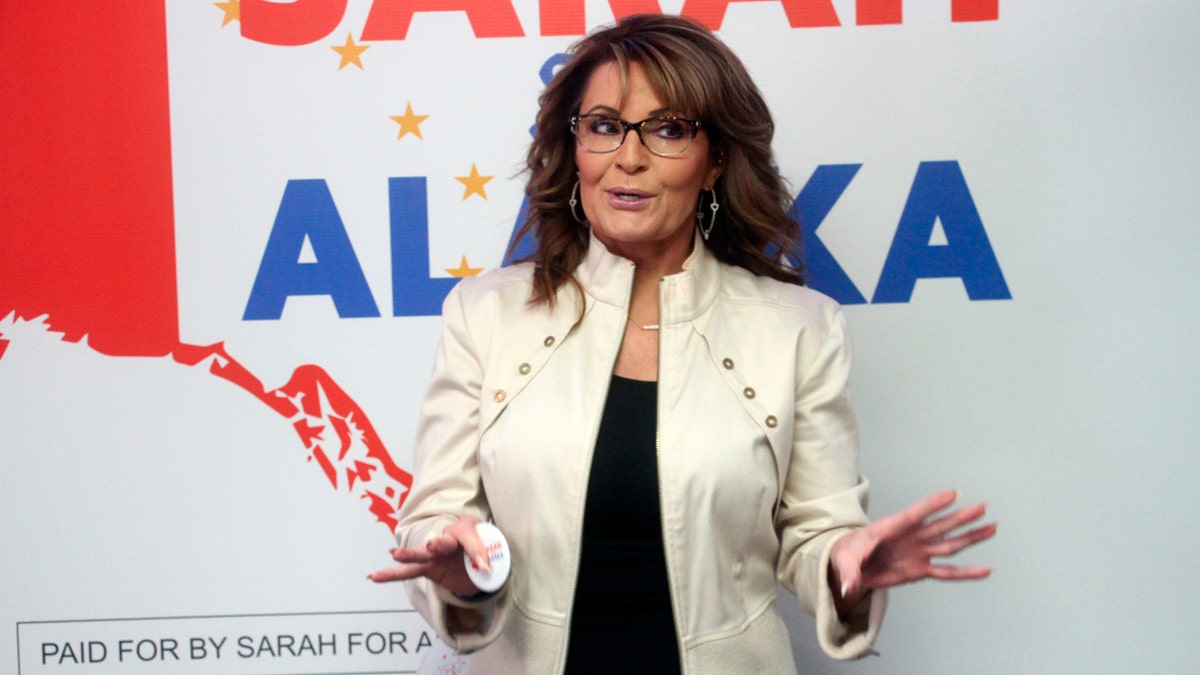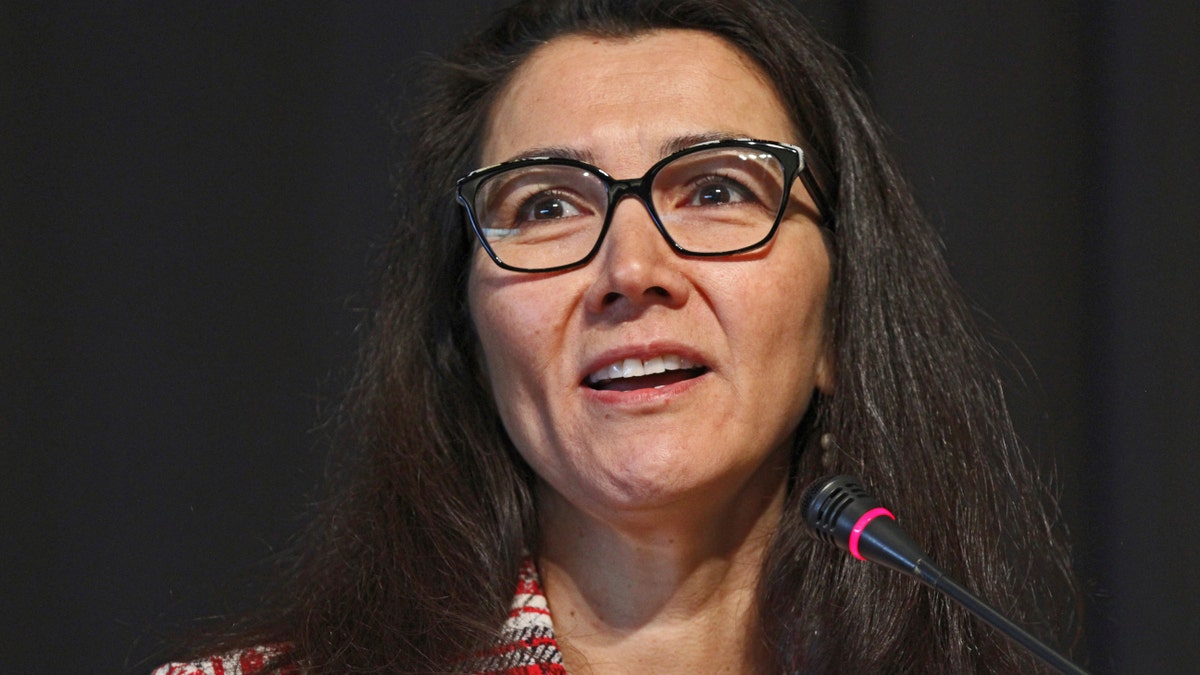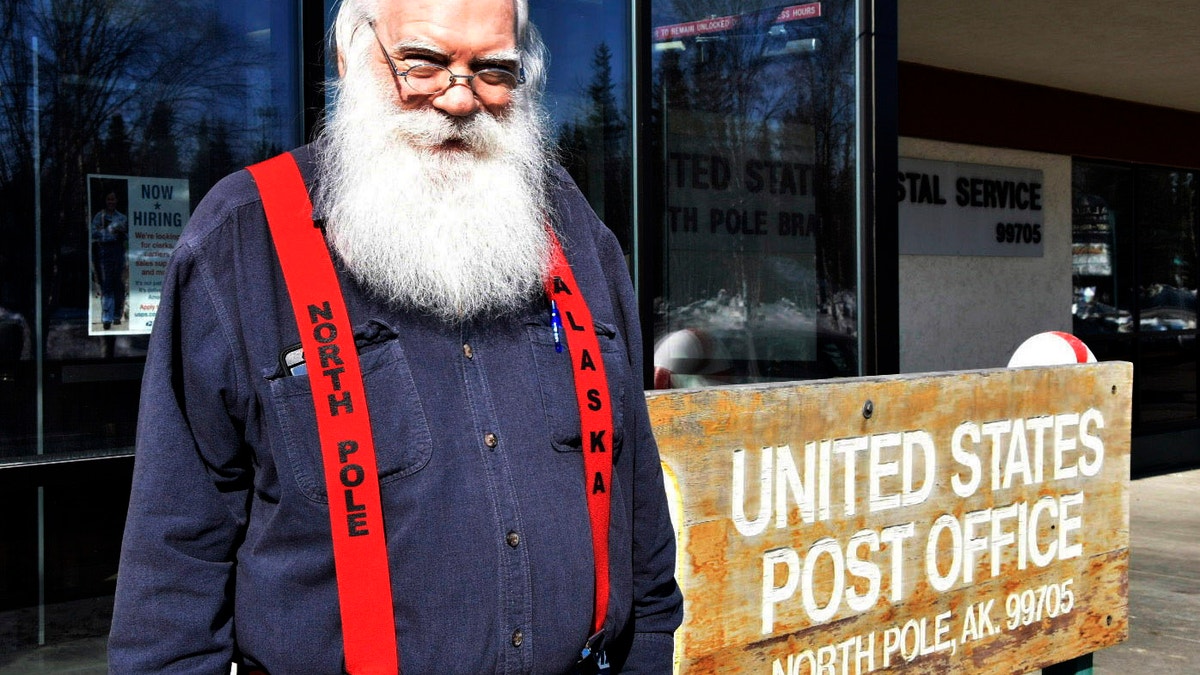Fox News Flash top headlines for June 11
Fox News Flash top headlines are here. Check out what's clicking on Foxnews.com.
The Alaska Supreme Court ruled Saturday that certification of the state's special primary election for U.S. House can move forward following a legal challenge pertaining to ballot access for visually impaired voters.
The court reversed and vacated a lower court order preventing state elections officials from certifying the results of the special primary until visually impaired voters were offered a "full and fair" opportunity to cast a ballot.
Attorneys for the state had asked the high court to reverse Friday's order from Superior Court Judge Una Gandbhir. The attorneys believed Gandbhir's ruling stopped elections officials from finishing voting on Saturday as scheduled.
Gandbhir had ruled that Alaska elections officials could not certify the results of the by-mail special primary until visually impaired voters were provided a "full and fair opportunity to participate" in the election, although she did not say what that would require.
DEMOCRATS GRUMBLE OPENLY ABOUT BIDEN'S AGE, EFFECTIVENESS AS 2024 PRESIDENTIAL ELECTION LOOMS

Former Alaska Gov. Sarah Palin addresses supporters at the opening of her new campaign headquarters in Anchorage, Alaska, on Wednesday, April 20, 2022.
Alaska State Commission for Human Rights executive director Robert Corbisier sued state elections officials last week on behalf of a registered voter in Anchorage with a visual impairment.
Corbisier's attorneys said the election does not offer adequate methods for people with visual impairments to cast ballots "without invasive and unlawful assistance from a sighted person." Attorneys for the state said that ample secret voting options were available.
An explanation of the Supreme Court's ruling would be issued at a later time.
Alaska's primary election features 48 candidates hoping to win the state's lone House seat vacated by the March death of longtime GOP Rep. Don Young.

Mary Peltola, a Democrat seeking the sole U.S. House seat in Alaska, speaks during a forum for candidates, Thursday, May 12, 2022, in Anchorage, Alaska. (AP Photo/Mark Thiessen, File) (AP Photo/Mark Thiessen, File)
The prominent candidates in the race include Republicans Nick Begich, Tara Sweeney, Josh Revak and former Gov. Sarah Palin; Democrats Christopher Constant and Mary Peltola; independent Al Gross; and a self-described "independent, progressive, democratic socialist" whose legal name is Santa Claus, who has garnered attention but has not been raising money.
This is the first election under a ranked choice voting system for general elections that was approved by voters in 2020.
Under this system, voters picks one candidate in the special primary. The four candidates with the most votes will then advance to a special election where ranked choice voting will be used. The winner of the special election will serve the remainder of Young’s term, which ends in January.
TRUMP ENDORSES ALABAMA SENATE CANDIDATE KATIE BRITT AFTER FLIPPING ON MO BROOKS

Santa Claus stands in front of the North Pole post office, Sunday, April 24, 2022. A self-described "independent, progressive, democratic socialist" whose legal name is Santa Claus has gotten attention but has not been raising money. (Iris Samuels/Anchorage Daily News via AP)
The special election will coincide with the regular primary on Aug. 16. The regular primary and general election in November will determine who serves a two-year term starting in January.
The special primary is mainly being conducted by mail because of the short timeline to hold an election following Young’s death, elections officials said. Ballots were being sent out starting in late April.
CLICK HERE TO GET THE FOX NEWS APP
Around 130,000 ballots had been returned to the Division of Elections as of Friday afternoon.
The Associated Press contributed to this report.














































